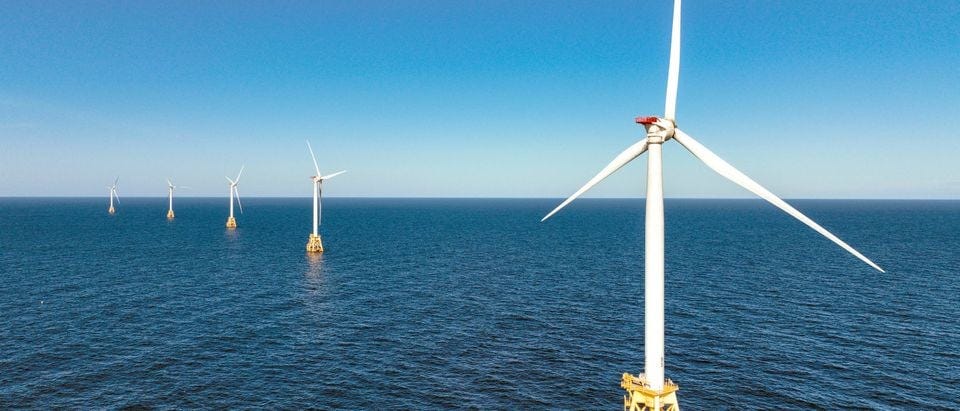The last few months have seen a parade of troubling news related to the health of the offshore wind sector, as rising inflation, mucked-up supply chains, and high interest rates have rendered big projects planned for the U.S., UK, and German offshore regions uneconomic. The remedy sought by big players in the industry like Siemens, Orsted, BP and Equinor has been to seek higher subsidies from local, regional, and national governments whose renewable goals drive the rationale for the industry’s very existence, and whose largesse sustains its business model.
More and more often, though, the answer back from those governments has transitioned from the easy ‘yes’ of the past to an increasingly frequent and unambiguous ‘no.’ In September, for example, big Danish wind developer Orsted requested more subsidies from the state government of New York in the form of a big OREC adjustment related to its Sunrise Wind project and was denied in a decision upheld by the state’s courts in October. For those unfamiliar with the industry’s acronyms, the term “OREC adjustment” refers to Offshore Wind Renewable Energy Certificates, a classic environmental rubric in which local, state or the federal government pays wind developers an agreed-upon fee for each megawatt of power they build in locations favored by those governments. Those fees end up being worked into the utility rates paid by electricity consumers as one of an array of hidden charges on their monthly bills.
That denial of more subsidies for Big Wind turned out to be a harbinger of things to come. Orsted dealt a major blow to the offshore wind aspirations of the Biden government and Democratic policymakers in several northeastern states this week by announcing the cancellation of its Ocean Wind 1 and Ocean Wind 2 projects planned for construction off the coast of New Jersey. In its earnings release, Orsted said it was recognizing impairment losses of DKK 28.4 billion, which equates to roughly $4 billion USD, blaming “adverse impacts relating to supply chain delays, increased interest rates, and the lack of an OREC adjustment on Sunrise Wind” for the need to take the write-down. (RELATED: DAVID BLACKMON: A Reckoning Is Coming For The Failing Energy Transition)
Keep reading with a 7-day free trial
Subscribe to Energy Transition Absurdities to keep reading this post and get 7 days of free access to the full post archives.




